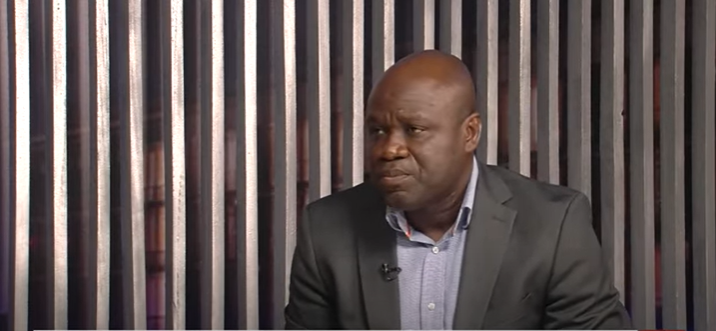GNCCI CEO Calls for Clear Revenue Strategy Amid Proposed Tax Cuts
Mark Badu-Aboagye, CEO of the Ghana National Chamber of Commerce and Industry (GNCCI), has called on the incoming NDC administration to outline clear strategies for generating revenue as it prepares to implement its promised tax cuts.
Speaking on PM Express on Thursday, December 19, Mr. Badu-Aboagye cautioned against introducing new taxes to offset potential revenue shortfalls, advocating instead for improved compliance and private-sector support.
“In giving out all these promises of scrapping taxes, I haven’t heard a clear policy direction on how they are going to generate revenue. If taxes are removed without a strategy, we risk creating revenue holes that will push the government to resort to borrowing,” he warned.
Enhanced Tax Compliance Over New Levies
The GNCCI CEO stressed the importance of maximizing existing tax systems rather than introducing additional levies. “For me, the taxes that are already there, if implemented well, and if businesses are supported to grow, compliance will increase, and we’ll generate a lot of revenue,” he argued.
He also highlighted the detrimental effects of Ghana’s current tax regime on businesses, sharing the case of a company that had reduced its production from 27,000 tons per month to just 300 tons due to high import duties and other taxes.
“When GRA [Ghana Revenue Authority] questioned the company about its declining tax revenue, they explained, ‘This is what you have done to us.’ They’ve laid off workers, and the revenue that should have come from 27,000 tons of production is gone,” he recounted.
Supporting the Private Sector
Mr. Badu-Aboagye underscored the critical role of the private sector in sustaining government revenue.
“No government will survive without supporting the private sector. If you need money, support the private sector; they will expand, and the taxes will come,” he stated.
He furthr urged the incoming government to prioritize compliance and efficiency over tax increases, emphasizing that a supportive business environment would organically boost revenue collection.
“It’s not about the rate or the number of taxes; it’s about compliance and effectiveness,” he concluded.
The GNCCI’s position highlights the need for a balanced approach to fiscal policy, where tax reforms are matched with robust revenue strategies to foster economic growth.








